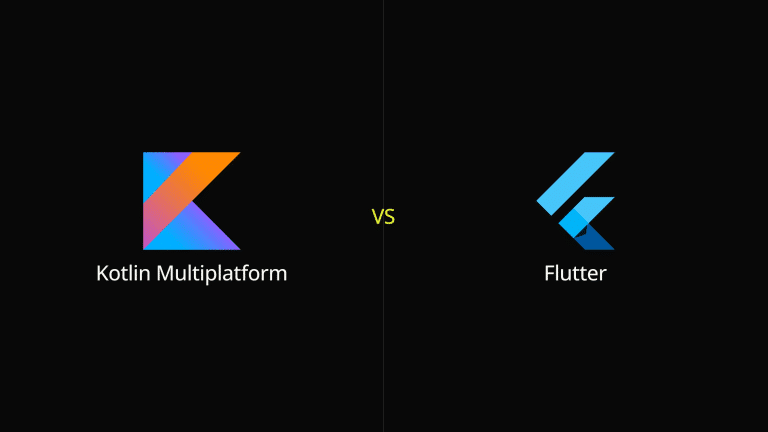The way we work has undergone a dramatic transformation in an ever-evolving digital landscape. Gone are the days of traditional office setups and rigid schedules. Instead, we find ourselves immersed in the gig economy, where contractors and freelancers reign supreme. T
hese independent professionals navigate a dynamic marketplace where agility and adaptability are essential for success. The seamless integration of virtual collaboration tools is central to their ability to thrive in this environment.
Streamlining Communication
One of the key advantages of virtual collaboration tools is their ability to streamline communication. In a digital environment where time is of the essence, the ability to communicate effectively is paramount.
Slack, for example, offers channels dedicated to specific projects or topics, allowing users to easily collaborate and share information in real time. This eliminates the need for lengthy email threads and ensures that everyone is on the same page, thereby reducing miscommunication and misunderstandings.
Bridging the Geographical Divide
Moreover, these tools facilitate seamless collaboration among remote teams. With the rise of telecommuting and distributed workforces, contractors and freelancers often find themselves working with colleagues and clients from different parts of the world. Virtual collaboration tools bridge the geographical divide, enabling professionals to collaborate effectively regardless of their physical location.
Through features like video conferencing and screen sharing, team members can engage in face-to-face meetings and collaborate on projects in real time, fostering a sense of camaraderie and teamwork that transcends borders.
Efficient Task Management
Task management is the cornerstone of productivity for contractors and freelancers. In the fast-paced world of freelancing, where multiple projects and deadlines often overlap, staying organized is crucial. Virtual collaboration tools offer a comprehensive solution by streamlining workflows and facilitating effective prioritization.
These tools empower contractors and freelancers to break down complex projects into manageable tasks, assign responsibilities, and set clear deadlines. By creating task lists and setting priorities, professionals can ensure that they stay focused on what matters most, avoiding distractions and maximizing productivity.
Collaboration and Delegation
Moreover, virtual collaboration tools foster seamless collaboration and delegation among team members. Contractors and freelancers can easily assign tasks to colleagues or subcontractors, track their progress, and provide feedback in real time. This streamlined approach to task management ensures that everyone is on the same page and working towards a common goal, regardless of their role or location.
Integrations and Custom Workflows
One of the key advantages of virtual collaboration tools is their flexibility and scalability. These platforms offer a wide range of integrations with other software applications, allowing contractors and freelancers to customize their workflows and tailor their virtual workspace to suit their specific needs.
For example, contractors in the creative industry may integrate design software like Adobe Creative Cloud with project management tools like Trello or Asana. This integration enables them to seamlessly transition from brainstorming and ideation to execution and delivery, all within a single platform.
Additionally, virtual collaboration tools often support custom workflows, allowing professionals to automate repetitive tasks and streamline their processes. By leveraging features like task dependencies, recurring tasks, and automated notifications, contractors and freelancers can eliminate manual busywork and focus their time and energy on value-added activities.
Visual Representation and Progress Tracking
Visual representation is another key aspect of efficient task management. Platforms like Trello offer a visual approach to task management, with boards, lists, and cards that provide a clear overview of project progress. Contractors and freelancers can easily visualize the status of each task, identify bottlenecks, and make informed decisions to keep projects on track.
Furthermore, virtual collaboration tools offer robust reporting and analytics capabilities, allowing professionals to track their productivity and performance over time. By analyzing metrics such as task completion rates, time spent on different projects, and client satisfaction scores, contractors and freelancers can identify areas for improvement and optimize their workflows for maximum efficiency.
Enhancing Client Satisfaction
In addition to improving efficiency and productivity, virtual collaboration tools can also positively impact client satisfaction. By providing clients with real-time updates and transparent communication, contractors and freelancers can build trust and credibility, ultimately leading to repeat business and referrals.
With features like project dashboards and progress reports, clients can easily track the status of their projects and provide feedback, ensuring that their expectations are met and exceeded.
Device Acquisition for Freelancers
Acquiring the right devices is crucial for freelancers looking to maximize their efficiency and productivity. Whether it’s a laptop, tablet, or smartphone, having the right tools at your disposal can make all the difference. When selecting devices, freelancers should consider factors such as performance, portability, and compatibility with their chosen virtual collaboration tools.
Investing in high-quality devices that can handle remote work and virtual collaboration demands will ensure that freelancers can work seamlessly from anywhere.
Budget Considerations
Budget is another important factor to consider when acquiring devices as a freelancer. While opting for the latest and greatest technology is tempting, freelancers must balance their desire for cutting-edge devices with their financial constraints. Conducting thorough research and comparing prices from different vendors can help freelancers find the best deals and stretch their budgets further.
Additionally, contractors doing government work could consider alternative options such as refurbished or pre-owned devices or seek out free government tablets, which can offer significant cost savings without sacrificing performance or reliability.
Maintenance and Upkeep
Once devices have been acquired, freelancers must prioritize maintenance and upkeep to ensure optimal performance and longevity. This includes regular software updates, virus scans, and hardware maintenance to prevent issues and prolong the lifespan of devices.
Additionally, freelancers should invest in protective cases, screen protectors, and other accessories to safeguard their devices from damage during travel and everyday use. By proactively maintaining their devices, freelancers can minimize downtime and maximize their productivity.
In conclusion, the rise of virtual collaboration tools has transformed the way contractors and freelancers work. From streamlining communication to facilitating seamless collaboration and improving client satisfaction, these tools offer a myriad of benefits that enable professionals to thrive in the gig economy.
As the digital landscape continues to evolve, contractors and freelancers must embrace these tools and harness their power to stay ahead of the curve and achieve success in an increasingly competitive marketplace.











